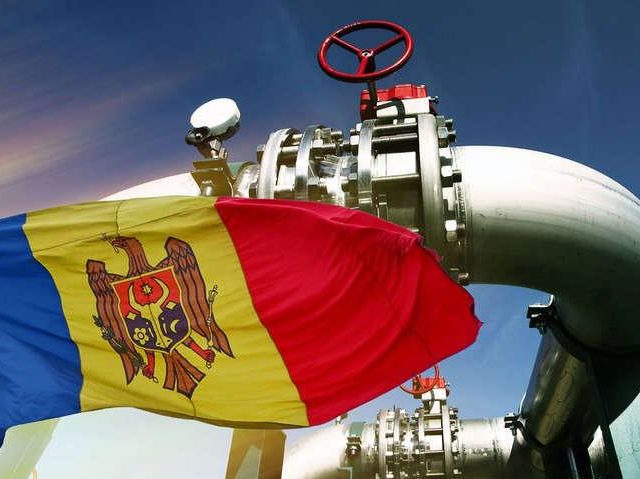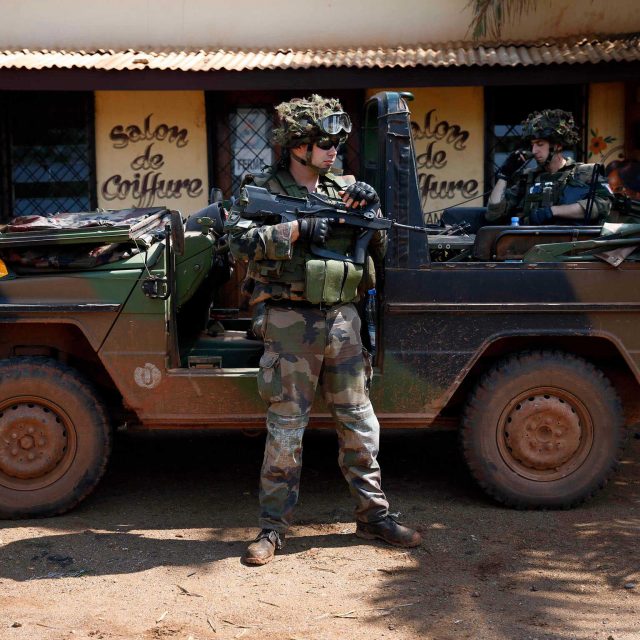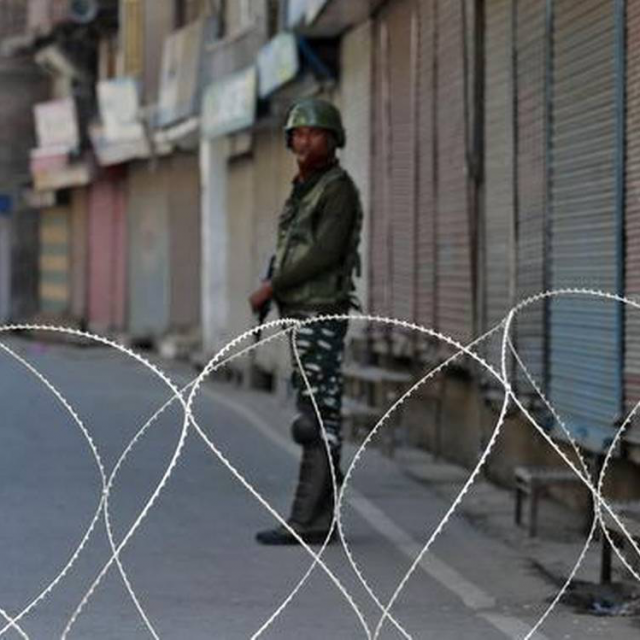Photo by Etienne Bösiger on Unsplash
The Global Peace Summit on 15th June in Switzerland will boost negotiations to end the Russian War of invasion against Ukraine.
The forthcoming summit, set to convene at the Bürgenstock resort in Switzerland in two weeks, holds immense promise for advancing negotiations to resolve the ongoing conflict between Russia and Ukraine. With over 90 nations already committed to participating, the summit aims to forge an international strategy to bring an end to the war in Ukraine and to chart a course for Russia’s involvement in subsequent peace efforts.
Foremost among the summit’s objectives is the discussion of critical issues such as nuclear and food security, the repatriation of prisoners of war, and the return of Ukrainian citizens, including women and children, who have been abducted by Russia. Central to these discussions will be the imperative of upholding Ukraine’s territorial integrity under the principles outlined in the UN Charter—an agenda that enjoys widespread international support as the foundation for resolving the conflict.

But the absence of Russia from the summit poses a significant obstacle to its success. Despite frequent rhetoric espousing a desire for peace, President Putin’s continued military aggression in Ukrainian territories underscores Moscow’s lack of genuine commitment to ending the war. This stance has prompted China, a major global player, to abstain from participating in the summit, citing Russia’s exclusion as a primary reason.
Russia’s concerted efforts to undermine Ukraine’s position and discredit the peace initiatives on the table have further complicated the diplomatic landscape. Moscow has launched an extensive disinformation campaign aimed at sabotaging the summit, seeking to dissuade participation from countries sympathetic to Western interests. Yet, despite these challenges, the summit is poised to proceed as scheduled, with leaders from diverse nations poised to engage in meaningful dialogue on global peace.
Ultimately, the significance of the summit lies in its potential to foster a unified, international approach to resolving the conflict—a prospect that transcends the interests of any single nation. By leveraging the collective diplomatic efforts of the global community, the summit represents a crucial step towards hastening the restoration of peace and stability in the region.




